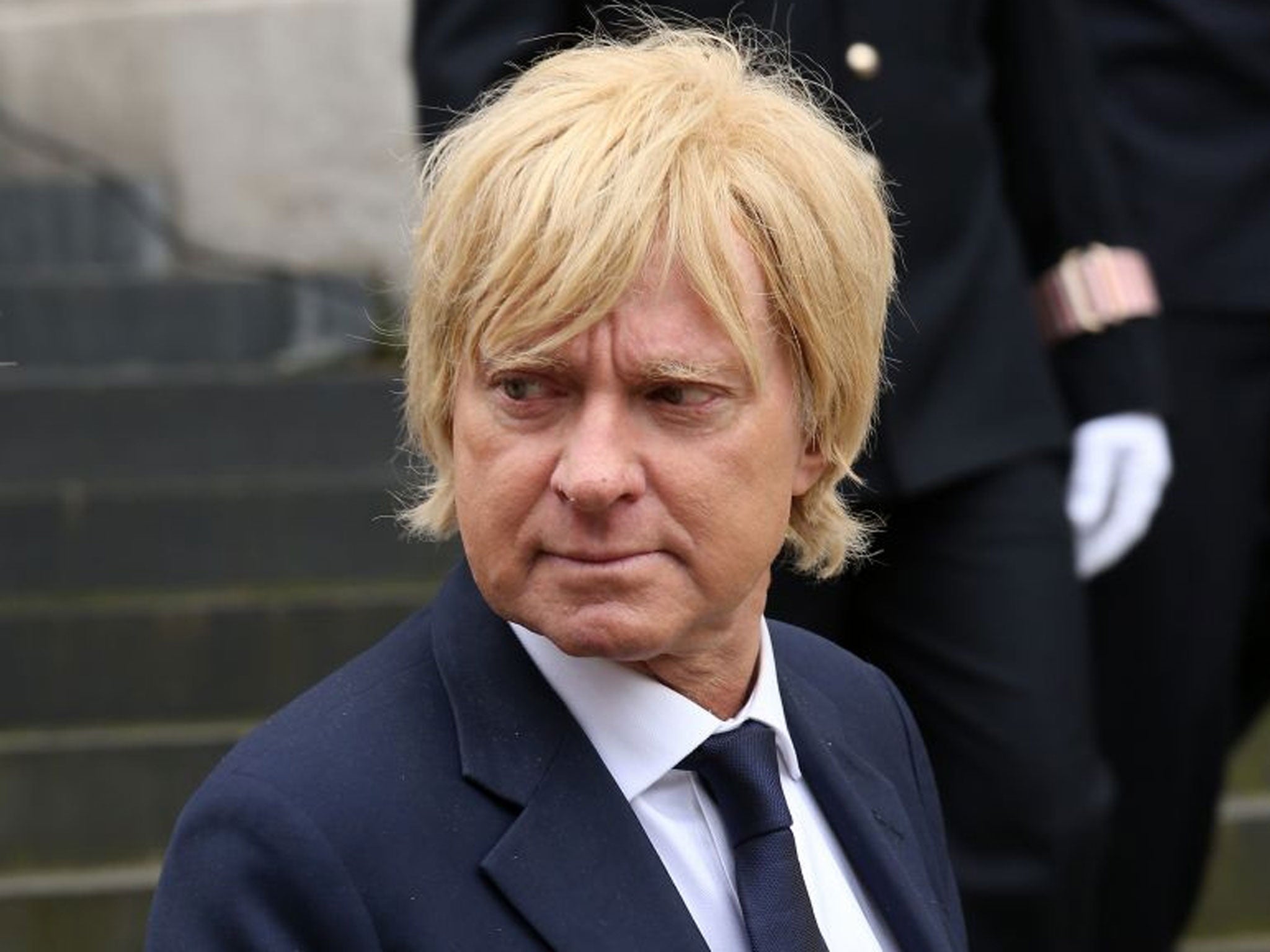The only way is ethics: Context is everything if readers are to make an informed judgement
The lessons of our coverage of Michael Fabricant and Yasmin Alibhai-Brown


Your support helps us to tell the story
From reproductive rights to climate change to Big Tech, The Independent is on the ground when the story is developing. Whether it's investigating the financials of Elon Musk's pro-Trump PAC or producing our latest documentary, 'The A Word', which shines a light on the American women fighting for reproductive rights, we know how important it is to parse out the facts from the messaging.
At such a critical moment in US history, we need reporters on the ground. Your donation allows us to keep sending journalists to speak to both sides of the story.
The Independent is trusted by Americans across the entire political spectrum. And unlike many other quality news outlets, we choose not to lock Americans out of our reporting and analysis with paywalls. We believe quality journalism should be available to everyone, paid for by those who can afford it.
Your support makes all the difference.In a recent item, the editor described the ethos of this newspaper: “Find things out, inform people, and let them make their own judgement”.
These words rang a bell when a complaint arrived concerning The Independent's coverage of comments by Michael Fabricant MP on Twitter about our columnist Yasmin Alibhai-Brown.
As we reported, Mr Fabricant had been watching a Channel 4 debate in which Yasmin and Rod Riddle were the key participants. As the arguments raged, Mr Fabricant tweeted: “I could never appear on a discussion prog with @y_alibhai I would either end up with a brain haemorrhage or by punching her in the throat”. It was, by any standard, an appalling remark to make and outrage was duly stirred.
Yet the full tweet never appeared in our coverage of the story (in the print edition of the paper at any rate). Instead, we reported Mr Fabricant’s comment like this: “He wrote that if he were to appear on television with her, ‘I would either end up with a brain haemorrhage or by punching her in the throat’.” In the final analysis, that seems to me a reasonable and accurate summary of the remark, including as it does the key part of the tweet and a précis of the first element.
By contrast, the reader who contacted us about our report argued that the omission of the exact words from the beginning of the tweet was crucial. Those words, he suggested, showed that Mr Fabricant’s comment was actually some sort of aide-memoir to himself, a reminder that – as the reader put it – “I must never allow myself to get into a situation where I would do this thing”. To me, that interpretation feels somewhat tendentious.
However, the fundamental point made by the complaint was a good one. We should have included the full tweet. Yes, the report had a better flow than it might have done had we shoe-horned in all of Mr Fabricant’s words. And no, the omission of the tweet’s opening did not substantively distort the story. Nevertheless, in the mind of one reader at least, it raised questions about the accuracy of our coverage. That alone is a sufficient reminder that to achieve the aim of “letting people make their own judgements”, the information we present must be suitably – and self-evidently – complete.
Values of the hacking trial
The outcome of the phone-hacking trial has dominated headlines over the last week. A significant conviction, a high-profile acquittal and a judicial reprimand for the Prime Minister meant there has been much to comment on.
Debates will continue to rage about the virtue of the trial being held at all, about its cost, about the nature of the police investigation, about the adequacy of past and future regulation, about the merits and flaws of the Leveson Inquiry and about the competing styles of the many news publications that exist in this country. Discussion of these topics is all very well. But there are agendas at play on both sides of the fence and they have a tendency to dwell on principle rather than practice.
Whatever else the scandals of the last eight years should have shown us, it is that, even in the busiest newsroom, the subject of ethics must be a constant presence. This is not to be self-righteous or po-faced, I hope. Nor is it to suggest that there can only ever be one right answer to any given ethical conundrum. But to keep in mind the ethics that underlie the practical processes by which journalism is produced – and the judgements about fundamental, competing rights which are an integral part of those processes – should not be regarded as a chore. It should be the only way.
Will Gore is Deputy Managing Editor of The Independent, i, Independent on Sunday and the Evening Standard
Twitter: @willjgore
Join our commenting forum
Join thought-provoking conversations, follow other Independent readers and see their replies
Comments